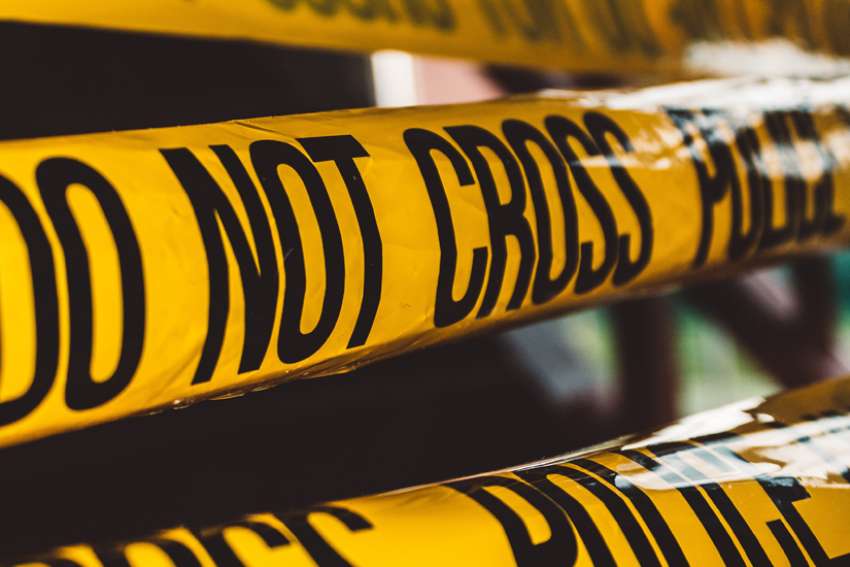“I’m going to be 100 per cent honest with you. … You know, some students have been part of the problem,” St. Mother Theresa Academy principal Anne Louise Bannon told The Catholic Register.
If a kind of absence of empathy, rampant narcissism and cynicism, or the easy and automatic resort to violence in any situation are the problem, it’s not as if the Catholic schools are doing nothing to address it, Bannon said.
“Maybe what makes a difference between us and the public board, which also does a very good job, is that we address the spiritual,” Bannon said. “That’s what we have in our bag, in our arsenal.”
In her school, Bannon lays a heavy emphasis on a student-run group called SLICE – Student Leaders In Catholic Education. The group organizes the kind of activities expected in a Catholic school, from pancake breakfast on Shrove Tuesday to “spirit assemblies.”
“They also do things that have more gravitas, like addressing mental health among students,” Bannon said. “It’s really grounded in catholicity.”
By grounded in catholicity, Bannon means an instinct for community — giving all students a sense of belonging and connection with the entire school community.
“The most important thing in any school is to ensure that every student knows somebody that they can go to, somebody that they can relate to, somebody that they don’t mind talking to and confiding in,” she said. “It can be anybody in the school. It could be a caretaker, a secretary. It could be a teacher.”
It’s a message Bannon drives home to her staff. “You can’t teach and model compassion when you haven’t experienced it,” she said.
For physician and mental health counsellor Dr. Louis Girard, the drivers of youth violence are to be found well beyond the school system.
“The violence shown by so many young people is making me worried about what will occur when they will be adults,” he said in an e-mail to The Catholic Register.
Girard is particularly worried by the media diet of many young people.
“This is the result of a society that keeps feeding children, very early in life, as well as teenagers, with violent cartoons, violent computer games, violent TV shows. This becomes their reality. They see being violent as part of normal life,” he said.
At a conference with doctors, social workers, educators and some politicians 20 years ago, Girard learned that media violence was twisting childhood development and needed an immediate fix. The conference participants drew up recommendations. “The message fell in a void,” he said.


